French magazine’s insult attests to West’s fury over failure of Iran riot project: Tehran
Iran's Parliament speaker says the sacrilegious move by a French publication against the Islamic Republic’s top religious authority is the result of the West's desperation and indicates the Western fury at the failure of the recent foreign-backed riots in the country.
Mohammad Baqer Qalibaf made the remark in an address at the onset of a plenary session in the Iranian legislature on Sunday, following the French weekly magazine Charlie Hebdo’s move to publish several insulting cartoons in a special issue earlier in this week.
“The insult of the French publication to the Leader of the Islamic Revolution is the result of the lack of logic and a sign of the Western front's anger over the failure of the project of recent riots in the country,” Qalibaf said.
Stressing that the Islamic Revolution’s enemies used all their political, economic, international, media and security capacities to target the country’s leadership, the Iranian Parliament speaker said, “The noble people of Iran, despite all shortcomings and grievances about the economic conditions… safeguarded the Islamic Republic and foiled the plots of their country’s enemies.”
Qalibaf added, “Now that they have failed in this project, they resorted to defamation out of desperation, but it is clear that such measures will bolster the Iranian people’s resolve to move towards the country's independence and progress.”
“It is necessary for the Iranian Foreign Ministry to implement countermeasures against the French government adamantly so that everyone understands that they are not allowed to insult the national symbols and beliefs of the Iranian people.”
The contemptuous move by the right-wing notorious magazine came after the publication had in early December announced a competition for producing the cartoons.
Iran’s Foreign Ministry on Wednesday summoned the French Ambassador in Tehran Nicolas Roche to protest the insulting act by the French magazine in publishing caricatures of the country’s top religious authority, warning of a “decisive” response.
Foreign-backed riots have hit various Iranian provinces since 22-year-old woman Mahsa Amini died at the hospital on September 16, three days after she collapsed at a police station in Tehran. An investigation has attributed Amini’s death to her medical condition, rather than alleged beatings by the police.
The violent riots have claimed the lives of dozens of people and security forces, while also allowing terrorist attacks across the country. In the last three months, the terrorists have set fire to public property and tortured several Basij members and security forces to death.
The United States and its European allies have voiced staunch support for the continuation of violent riots across Iran and spared no effort to fan the flames of unrest in the country as part of their anti-Iran policies.
Qalibaf urges pursuit of Ukrainian plane crash lawsuit
Qalibaf also expressed condolences over the 2020 accidental downing of a Ukrainian passenger airplane near Tehran and called for pursuing the lawsuits filed by the families of the victims of the tragic incident.
“The tragedy of the doleful crash of the Ukrainian passenger plane and the death of a group of our dear compatriots, who were generally among the elite and future-making youths of the country, continues to weigh heavily on us and the honorable people of Iran,” the Iranian Parliament speaker said.
Offering heartfelt condolences to the families of the victims for the loss of their loved ones, Qalibaf voiced hopes for the settlement of the lawsuit in a proper manner.
“It is hoped that with the completion of the process of judicial follow-up of this incident, which is ongoing based on the orders of the Leader of the Islamic Revolution, the lawsuit will be settled within the framework of the law and in an appropriate manner,” he said.
On January 8, 2020, the Ukraine International Airlines flight PS752, en route to Kiev and transporting mostly Iranians, crashed minutes after takeoff near the Iranian capital, killing all the 176 on board.
The plane was shot down by Iran’s air defenses, which mistook the aircraft for a military target amid tensions between Tehran and Washington following the US assassination of General Qassem Soleimani in Iraq days earlier.
In November 2021, an Iranian military court started the first hearing session over the plane crash incident in the presence of the defendants, the suspects, the families of the victims, and their lawyers.
Tehran has promised that all those culpable in the incident would face justice and allocated 200 million Euros for compensation to the victims' families.
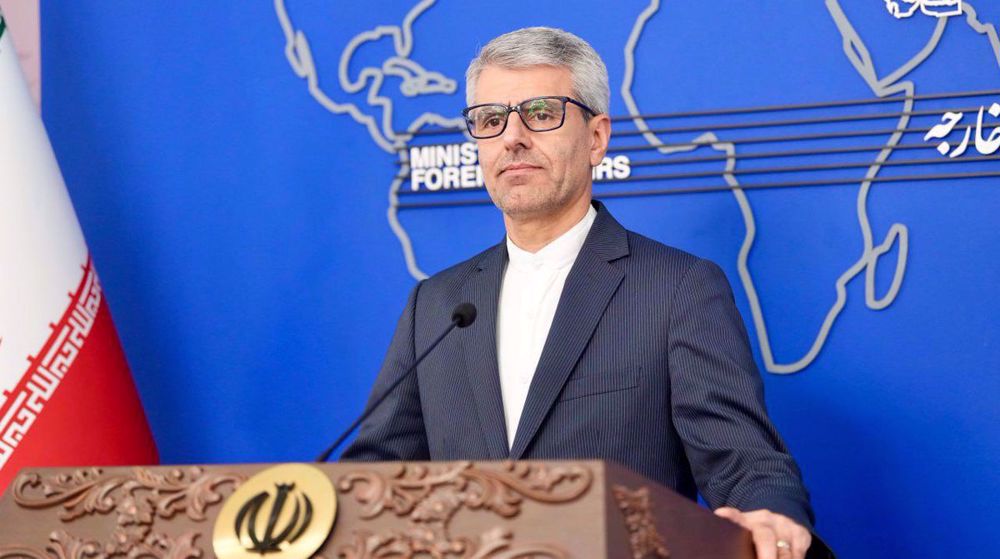
Iran dismisses UK accusation of threatening Britain’s national security
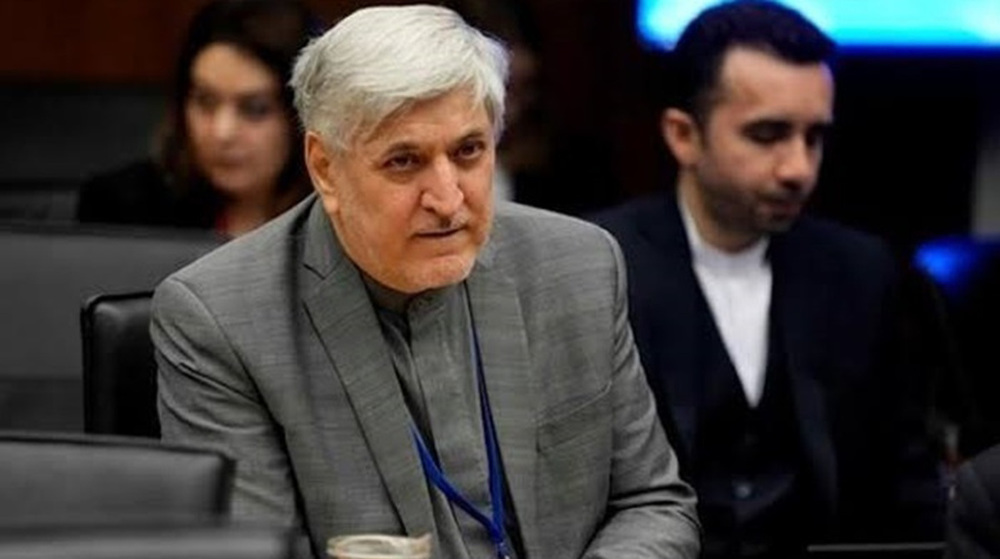
Iran’s IAEA envoy: West’s ‘ineffective’ pressure campaign to backfire
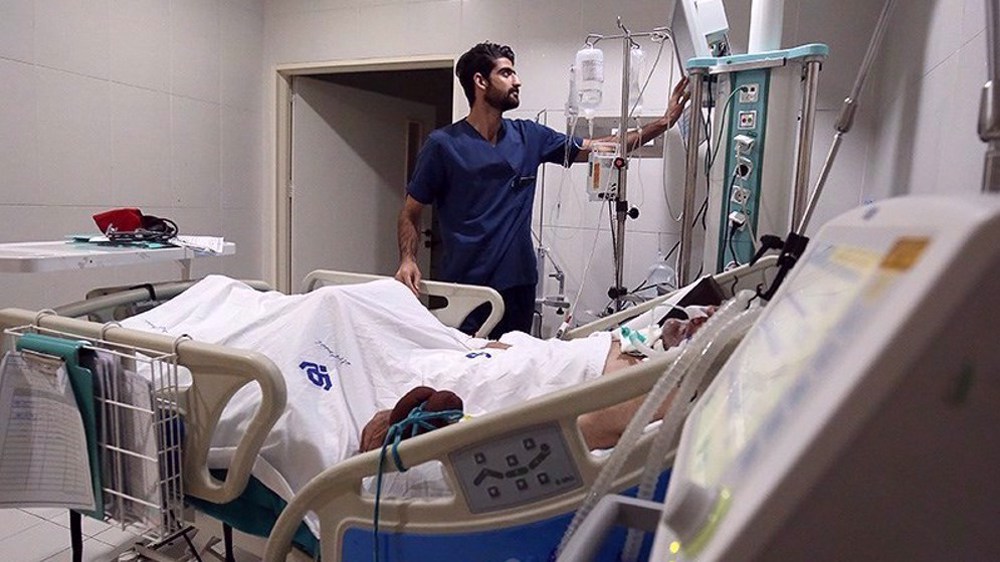
Iran court orders US to pay $12.6 billion to thalassemia patients
France proposes extending nuclear umbrella to European partners amid US tension
VIDEO | Multi-faith march on Congress condemns Trump’s treatment of poor
Iran slams Trump’s plan for forced displacement of Gazans as ‘political genocide’
‘New McCarthyism’: Pro-Palestine group denounces US Senate crackdown on Gaza protests
Trump issues death threats to Palestinians in Gaza, Hamas over Israeli captives
Israeli forces shoot Palestinian child in West Bank’s Nablus as setters raid Ariha village
VIDEO | Press TV's news headlines
VIDEO | Yemen says ready to shoot down more US drones


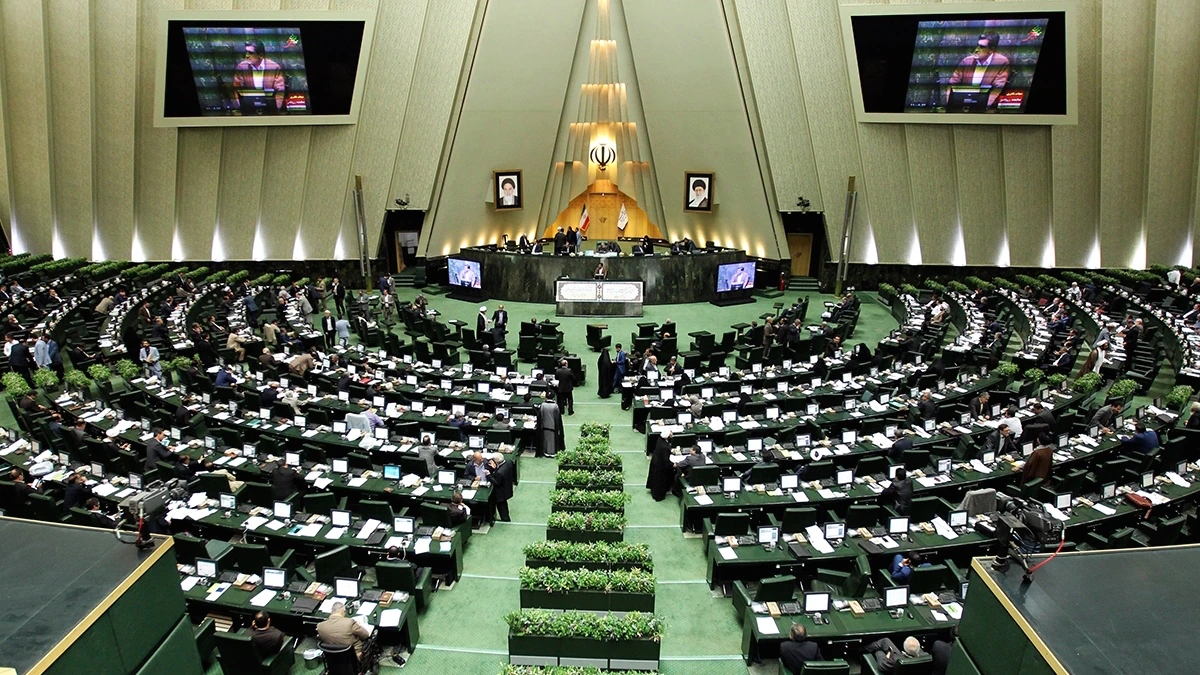
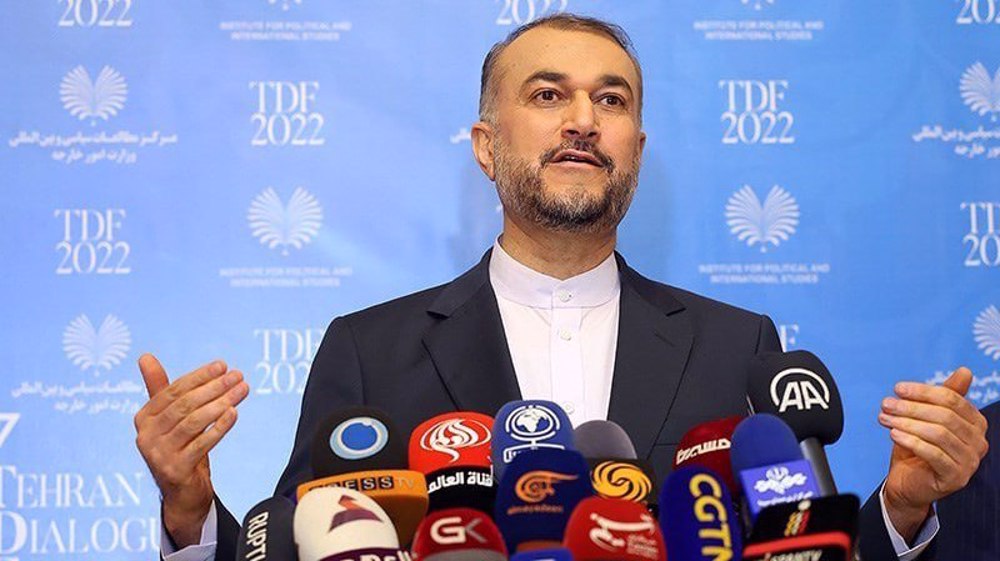
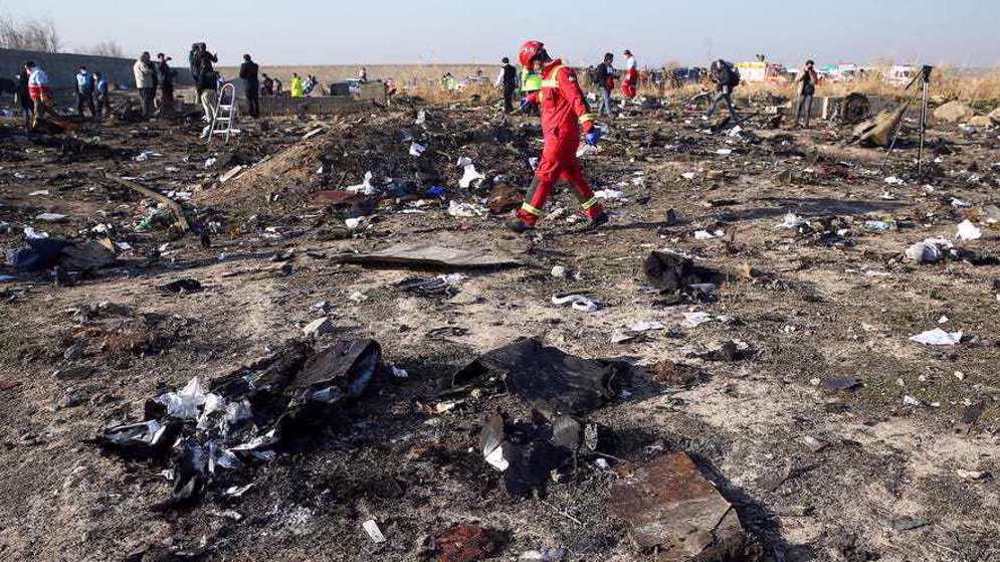



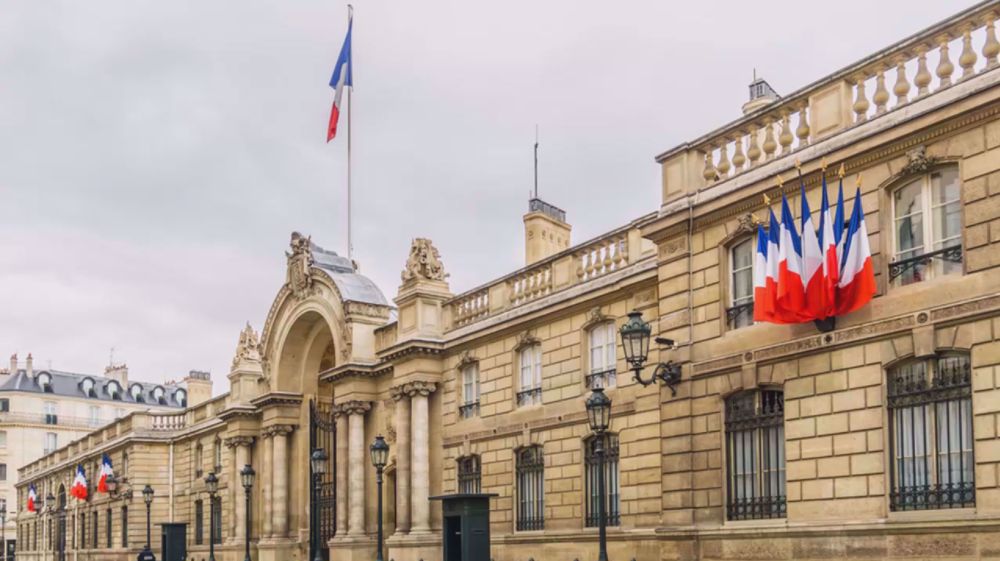
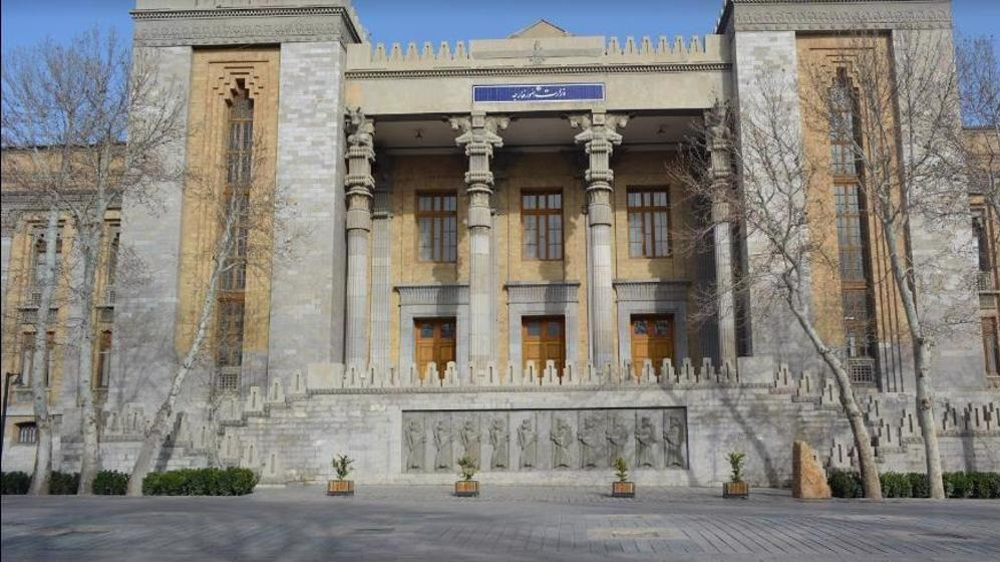
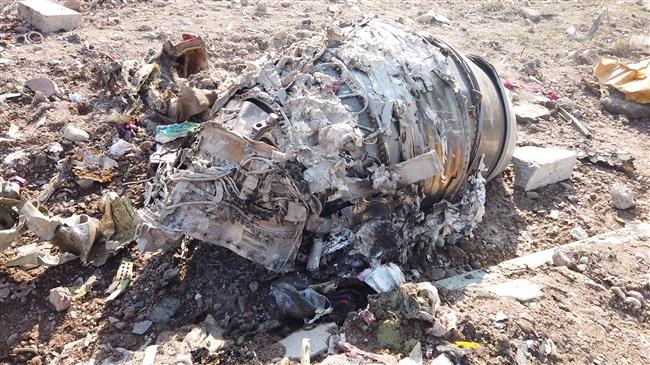
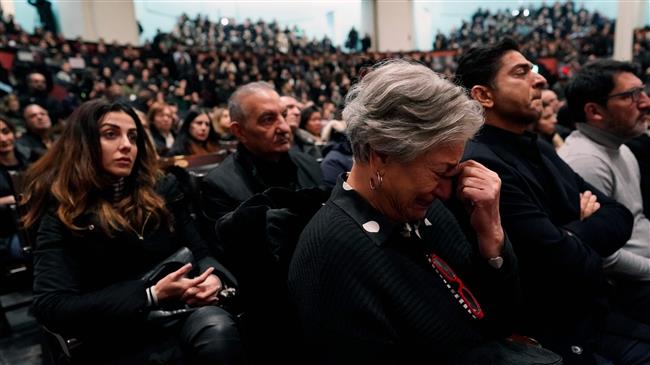
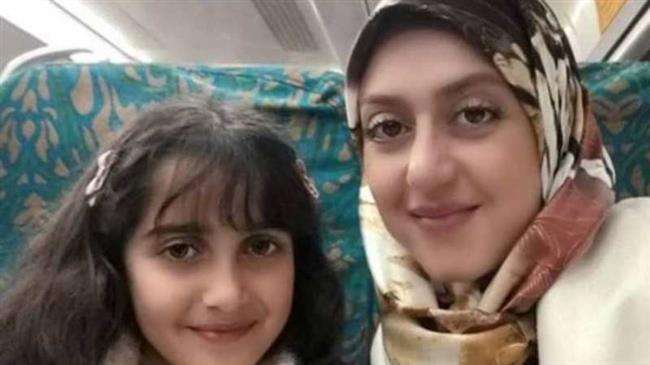

 This makes it easy to access the Press TV website
This makes it easy to access the Press TV website